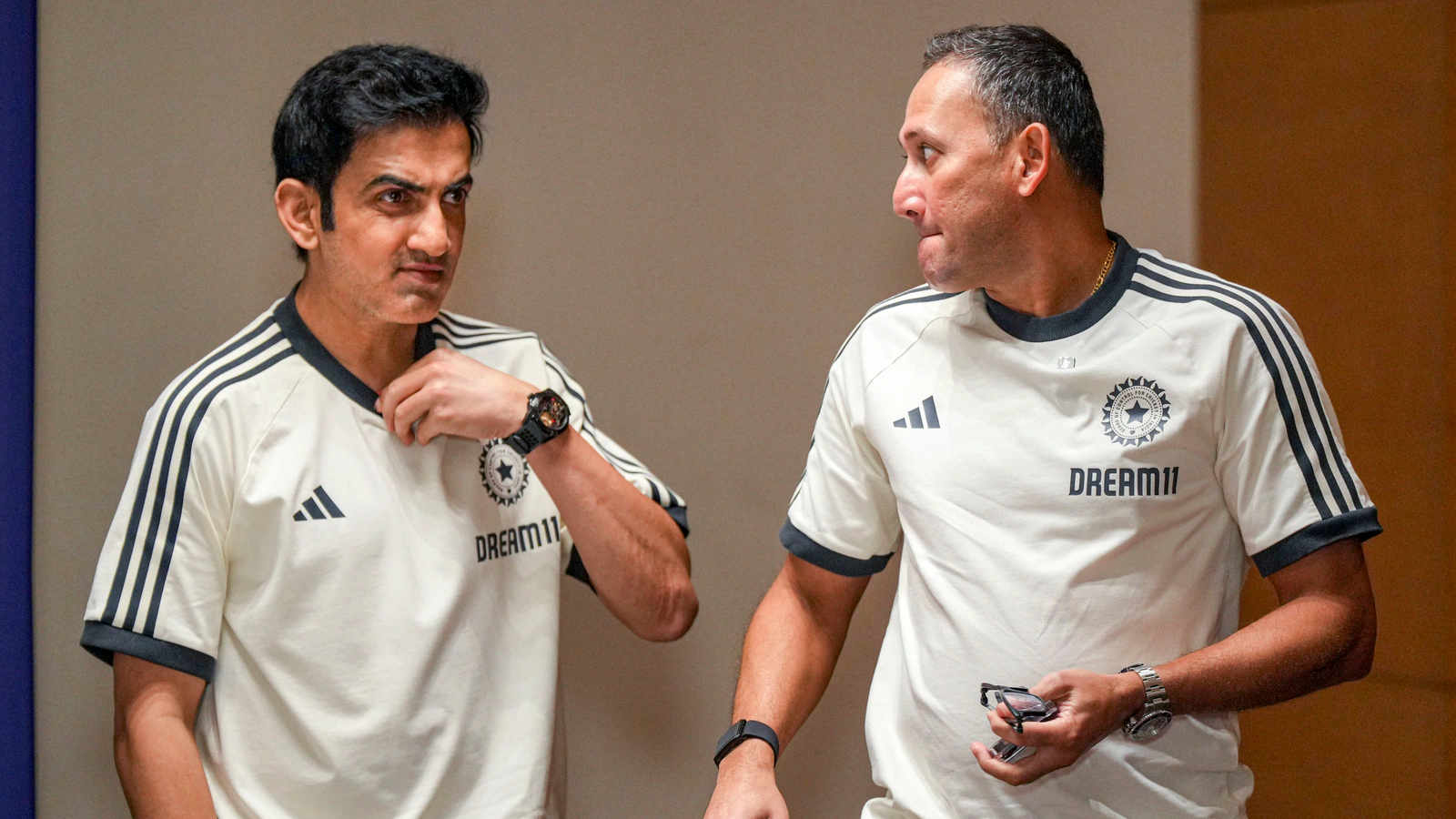
The Board of Control for Cricket in India (BCCI) announced India’s squad for the much-anticipated tour of Australia on October 4. However, what should have been an exciting moment for cricket fans has instead turned into a storm of debate and disappointment.
Head coach Gautam Gambhir and chief selector Ajit Agarkar revealed the squads via the BCCI’s official social media channels. The tour will feature both ODI and T20 formats, with different captains and players chosen for each. But it was the names left out, and the shocking leadership change, that stole the spotlight.
Rohit Sharma’s dismissal as captain:
The most talked-about decision came with the omission of Rohit Sharma as ODI captain. Sharma, who recently led India to historic victories in the T20 World Cup 2024 and the Champions Trophy 2025, ending an 11-year trophy drought, has been removed from leadership in the 50-over format. No official explanation has been provided by the BCCI for this unexpected move.
This decision has baffled many fans and cricket enthusiasts. Alwin, a passionate follower of Indian cricket, voiced the sentiments of countless supporters:
“Should have continued Rohit as ODI Captain, in the last 25 ODI matches, lost only one match against Australia in the CWC23 final. Poor decision.”
The question that arises is clear: Why would a captain with such a remarkable record and recent success be stripped of leadership responsibilities?
A Divisive Choice: Shubman Gill as ODI Captain
Shubman Gill, who has been appointed captain of the ODI squad, is still considered by many to be in the formative stages of his career. While he has good talent, Gill has also struggled with consistency, particularly in high-pressure matches. Critics argue that this leadership role has come too early for him, especially when experienced players like Rohit Sharma remain in the side.
Adding to the controversy is the exclusion or sidelining of young talents like Yashasvi Jaiswal and Ruturaj Gaikwad, both of whom have impressive statistics and recent performances. Their absence from the main playing eleven raises questions about whether meritocracy truly guided the selection process.
Shreyas Iyer’s Case
What has also puzzled fans is the treatment of Shreyas Iyer by the BCCI. Iyer has, over time, proven himself as a very dependable middle-order batsman and a composed leader under pressure. He has shown the ability to anchor innings, play match-winning knocks, and has captained successfully in domestic and franchise cricket. Many believe he deserved recognition as ODI vice-captain at the very least, if not the captaincy itself. His combination of leadership experience and consistent individual performances arguably makes him a more deserving candidate than Gill, who is still finding his stances at the international level.
Another major talking point has been the treatment of India’s all-rounders. Sir Ravindra Jadeja, widely regarded as one of the greatest all-rounders in cricket history, has been dropped from the squad. The decision is especially confusing given that Jadeja was recently named Man of the Match in the West Indies series. His omission is seen by many as not a matter of form but of politics.
Similarly, Jasprit Bumrah, India’s premier fast bowler, has not been included in the T20 squad. With his match-winning abilities in both power plays and death overs, his absence leaves a hole in the team’s balance.
Fans have started to draw parallels between these decisions and what they perceive as favouritism in Indian cricket. Some believe politics is beginning to overshadow performance in squad selections. Ryan expressed frustration over the system, stating:
“India tends to make star players overplay, especially for money. So, unlike other countries, where it takes a lot of time for a new player to establish, like waiting till a player turns 37, and then the next new player is already 30.
I am for the changes, but the KKR quota is very visible in the national team.”
This phrase captures the growing feeling that personal biases and franchise influence are creeping their way into national team decisions, something that could harm India’s long-term cricketing ambitions.
The squad selections have sparked fears that the careers of some of India’s greatest modern-day cricketers may be winding down early, not because of form or fitness, but because of politics. Could this be the beginning of the end for stalwarts like Rohit Sharma, Virat Kohli, and Ravindra Jadeja?

